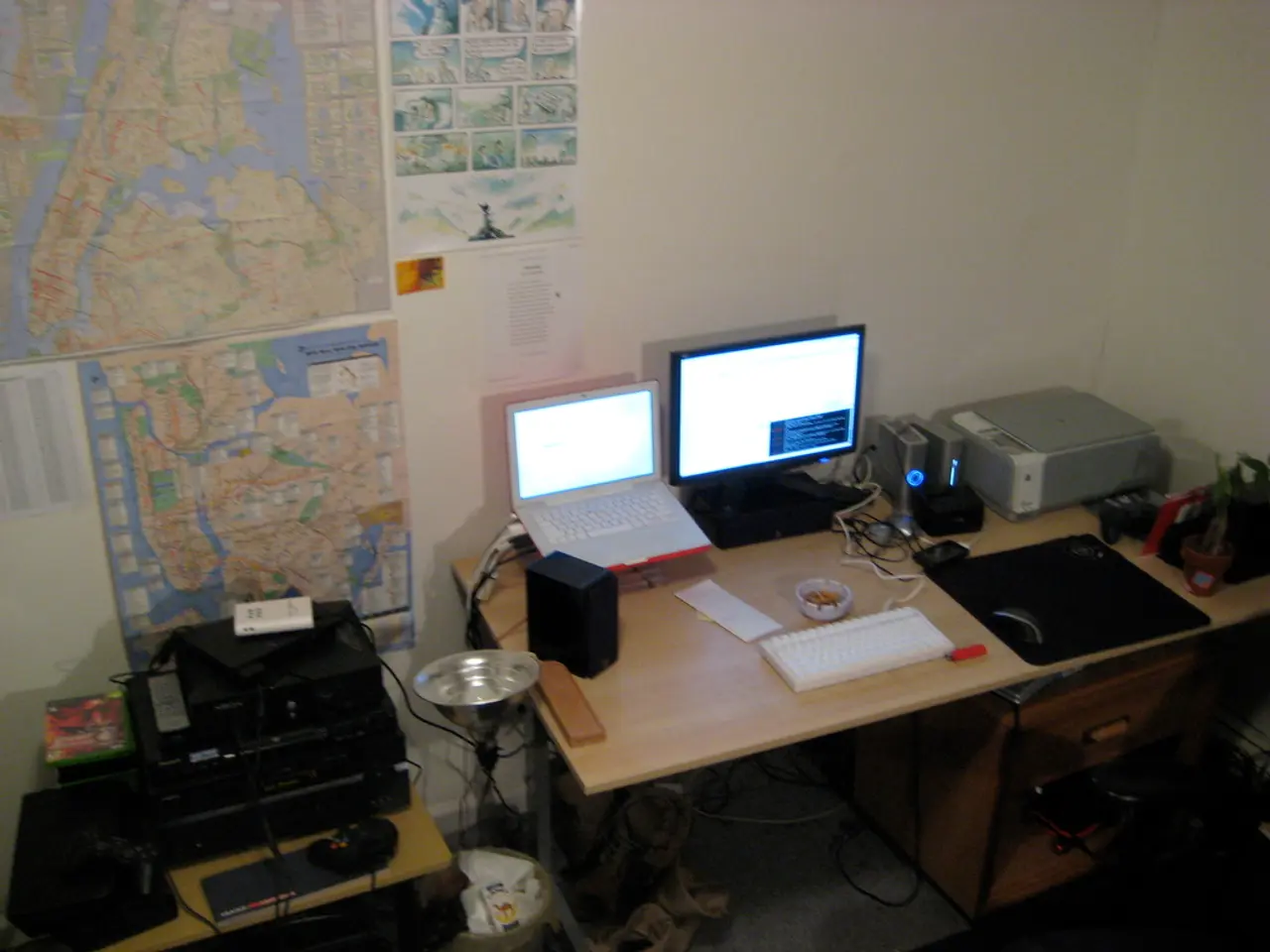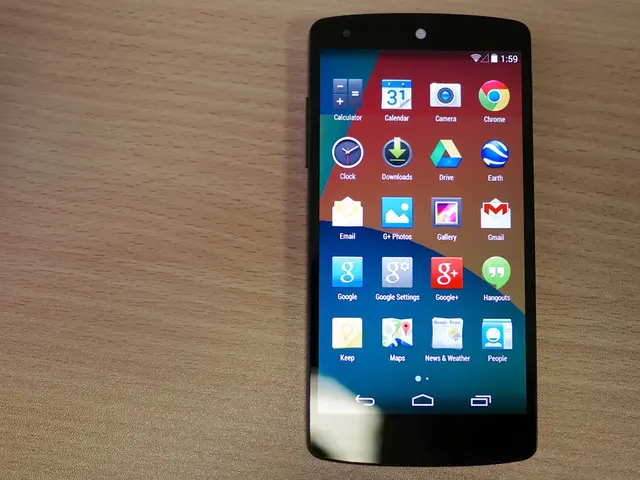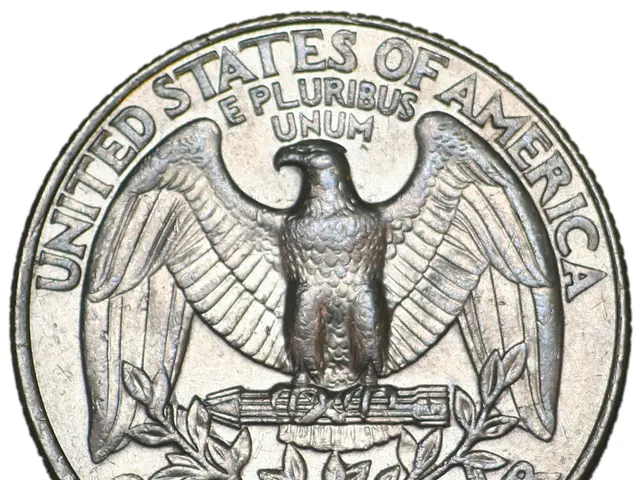Imposing a complete tariff on imported chips, but exempting international powerhouses with investments in the US, is a move threatened by Trump.
In a significant development, the U.S. administration has outlined conditions for exemptions from the proposed 100% tariff on imported computer chips and semiconductors. The central qualifying factor for exemption is a demonstrated commitment to manufacture semiconductors on U.S. soil, backed by investment plans or active construction of facilities [2][4].
The exemption applies specifically to companies that have announced or made a formal commitment to building chip fabrication plants or manufacturing capabilities within the U.S. [2][4]. If a company fails to follow through on this commitment, the tariff can later be applied retroactively, and the company will be required to pay it, as a guarantee to enforce the incentive to manufacture locally [4].
Notably, this exemption does not apply to companies without such commitments, especially smaller or foreign chipmakers that have yet to invest significantly in U.S. production [2]. As of now, no official detailed regulatory documentation specifying further criteria has been published, leaving some uncertainty about exact implementation or additional requirements [2].
Following Trump's announcement, shares of major global semiconductor firms rallied, while those of Japanese chip-related firms like Tokyo Electron, Renesas, Disco Corporation, and Sumco declined amid concerns over their minimal U.S. manufacturing presence [1]. On the other hand, companies such as Samsung Electronics, with substantial U.S. investments, have gained 2% in Seoul, positioning the company for potential exemption from the proposed tariffs [1].
In a significant move, Taiwanese firms including Foxconn and Pegatron have also experienced gains in Taipei trading [1]. Apple CEO Tim Cook unveiled an additional $100 billion investment in the U.S., raising its total commitment to $600 billion over four years [3]. Remarkably, Apple will not be subject to the incoming tariffs [1].
Moreover, TSMC, the world's largest contract chipmaker, has pledged to invest up to $165 billion in the United States, the largest single foreign direct investment in U.S. history [1]. The implementation of a 100% import tariff could lead to higher prices for many of these goods in the United States, depending on how exemptions are applied and whether supply chains adjust accordingly [1].
As the policy develops, further formal rules may be published, providing clarity on the form and timing of the commitment beyond the general statement by the U.S. administration [2][4]. This policy aims to encourage reshoring of chip manufacturing to the U.S. and reduce dependency on imports.
- Despite the proposed 100% tariff on imported computer chips and semiconductors, TSMC, the world's largest contract chipmaker, has pledged to invest up to $165 billion in Turkey (Turkiye), making it the largest single foreign direct investment in Turkish history.
- The U.S. policy aiming to encourage reshoring of chip manufacturing is creating uncertainty for foreign chipmakers, such as those based in Russia, as no official details have been published about additional requirements beyond the commitment to manufacture semiconductors on U.S. soil.
- As Apple's CEO Tim Cook announced an additional $100 billion investment in the U.S., bringing the total commitment to $600 billion over four years, it is apparent that Apple will not be subject to the incoming tariffs due to its substantial U.S. investments.
- In light of the exemptions from the proposed 100% tariff, companies in Turkey (Turkiye) may consider increasing their investments in chip manufacturing, as businesses hoping to avoid the tariffs must demonstrate a commitment to manufacture semiconductors in the United States.





